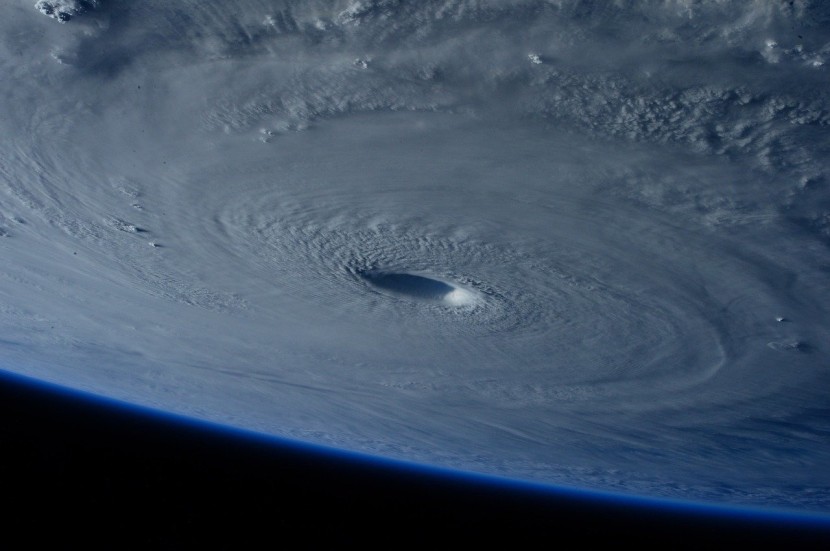
With forecasts displaying a very active hurricane season and the United States searing with grappling with social distancing and adverse side effects from the COVID-19 pandemic, planning and preparation will be the key, according to experts.
''Our hospital systems are already stressed taking care of COVID patients, so our capacity to take care of others is diminished," according to Dr. M. Tyson Pillow, the vice chair of education and academic affairs at Baylor College of Medicine in Houston, reported Medical Xpress.
"Hurricane season brings added challenges this year due to the COVID-19 pandemic, and we are committed to ensuring that Virginians know their risks, get prepared, and stay informed," stated Virginia Governor Ralph Northam, reported Downtown Franklin Association Inc.
"Our administration remains actively focused on planning for simultaneous emergencies, and we will continue to adjust our plans as needed to protect public health and keep the Commonwealth safe," he added.
Meanwhile, Florida Governor Ron DeSantis said that his state is prepared for the hurricane season and any future storm with stockpiled personal protective equipment, bottled water, generators, and meals ready to be disemminated.
Texas Governor Greg Abbott stated that people in need of shelter would be given hotel rooms as they cannot allow a hurricane to lead to a more drastically fatal event by stoking added prevalence of the COVID-19 pandemic that may lead to fatalities.
Caribbean countries are also gearing themselves for the advent of an Atlantic hurricane season that is more ravaging than normal. Governments in the region are on the hunt for ways to maintain safe evacuations while controling the coronavirus from spreading in shelters that would regularly be packed with people amid a storm.
Experts from the National Oceanic and Atmospheric Administration foretell seven to 11 hurricanes. Three to six of them will be reaching winds of 111 miles per hour or higher during the 2020 season running from June 1 to Nov. 30, reported Heart.
According to Pillow, at least three groups could need additional care after a hurricane: people who have contracted COVID-19, people injured from a storm, and and people with underlying conditions including cardiovascular illness.
Everyone should be geared towards handling the hurricane season safely and effectively. The first step states should take in preparing for such of emergencies is to evaluate the risks of hurricanes in their areas.
Managers and business owners should take clear steps to ensure the safety of their employees during the risky cleanup and recovery operations following hurricanes or other natural disasters.
According to insurance provider Zurich, organizations should start salvage operations following the conducting of an initial damage assessment and secure the facilities.
Keep track of local media for updated weather forecasts such as advisories and warnings. Write down emergency phone numbers or store them in your phone to have them readily available.
With the colliding of the hurricane season and the pandemic, the most essential items to have on hand for the possibility of a hurricane are the things that will serve as a medium between you and the outside world, keep your belongings safe and secure, and find your way in the dark.
Related Article: Hurricane Guillermo Weakens, Spares Hawaii








